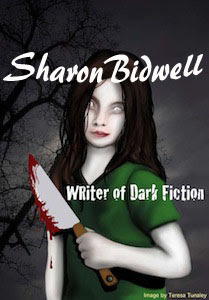Check an agent or publisher's guidelines. It sounds simple enough, but it's an important detail so many wannabe writers miss. Most have them, and many are readily available either on request or if you have internet access on their website. Also, check that the guidelines are up to date. There's no point in looking at what a publisher wanted ten years ago, or even ten months ago. Their requirements may have changed only last week.
Use the guidelines as any writing tool. It’s important that the writer check they are sending the right piece of work to the right publisher. It may be difficult to believe, but it's amazing how many people still send a romance book to a horror publisher, or vice versa, but it happens. Some writers seem to think a publisher is a publisher, and it doesn't matter, or that their work is so brilliant the agent or publisher will still help them even if they don't deal with that type of literature. This is not the case. If a writer sends a romance to a horror publisher that publisher is going to put the manuscript in the bin the moment they realise its contents. The chances are they won't even reply, or they'll dispatch a terse note advising the writer to 'check our guidelines'. Save them and yourself a lot of time, money and aggravation, by doing this prior to sending out anything.
As well as advising on content, guidelines may also provide further information such as formatting requirements. Most publishers want standard manuscript formatting, but this can vary a little. If it states a certain layout, then follow it. If not, set your work out in standard manuscript formatting. Another thing to be aware of are submission calls and deadlines. There's no point sending in an unsuitable story, or even a suitable one, after a deadline has passed. On that note, when answering submission calls, I've seen it suggested sooner rather than later is preferable. Many publishers wheedle through that pile right away, throwing out rejections, placing others in a possible pile, a few in another in case they're left with a space to fill. A few wait until the deadline passes, but not all. If there's a minimum and maximum word count, some publishers will say it may increase your chances to write closer to the minimum count. Longer stories fill an anthology length, and too many of those leaves less space for the number of stories the publisher wishes to include. Therefore, they're more likely to take more of shorter lengths. Always research individual requirements of each publication.

No comments:
Post a Comment